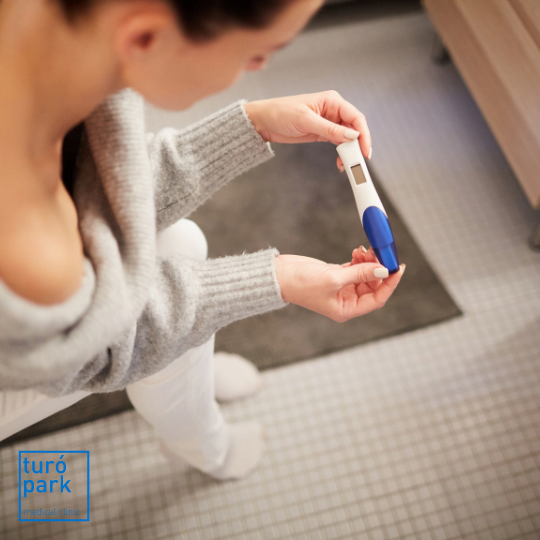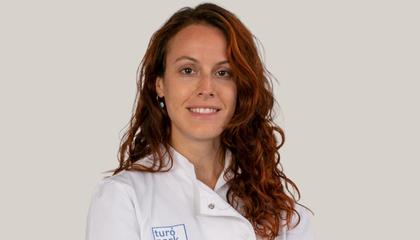Are you planning to get pregnant and want to prepare for it?
Your decision is made, you would like to get pregnant and want to put all the chances on your side to conceive a child without difficulties.
Congratulations! It's a great project, and it's the ideal time to take care of your health and well-being.
Do not hesitate to make an appointment with one of our English-speaking gynaecologists to discuss your desire to have a child. They will be able to advise you and give you information on stopping your contraceptive, your menstrual cycle, your temperature curve, ovulation periods, or the effect of smoking and alcohol on fertility.
Fast track your treatment
To book an appointment or speak with one of our friendly team, please get in touch using the options below

Why consult a gynaecologist before getting pregnant?
A gynaecologist is the best person to talk to about planning your pregnancy. They can give you information and advice on your diet, physical activity and calculate your most fertile period. They will usually prescribe food supplements containing folic acid, which plays an important role in the development of the unborn child.
The gynaecologist may also carry out a general prenatal examination to rule out any health problems and check that your vaccinations are up to date.
We care for Women.
Our specialists offer obstetrics and gynecologic care for women through all phases of life, from your pre-teen years to post-menopausal years.

How to encourage pregnancy?
Making sure you eat a balanced diet with healthy, vitamin-rich foods is the best way to prepare your body for pregnancy. Choose foods rich in fibre and omega-3, such as pulses, wholegrain cereals and flours.
You can also plan ahead and take supplements to stay in shape throughout your pregnancy. The need for folic acid and iron increases during pregnancy. To ensure the baby's healthy development, it is advisable to take a supplement of 400µg of folic acid per day.
During your journey before getting pregnant, and during the baby's growth, stop your cigarette consumption. Don't hesitate to get support from your doctor to stop smoking.
If you drink alcohol regularly, you should stop if you want to get pregnant. Alcohol during pregnancy can cause foetal alcohol syndrome, which can lead to malformations, mental retardation or growth retardation.
How to stop contraception?
If you want to get pregnant and you have no particular health problems, it is possible to stop your contraception and get pregnant immediately after. Note, however, that there are time variables and differences depending on the type of contraception:
- Condoms: Condoms have no impact on your ovulation. To get pregnant, you just stop using them.
- The pill: the ovary becomes active again as soon as the contraceptive is stopped, but it usually takes several weeks for the menstrual cycle to stabilise after stopping the pill.
- The IUD: you can become pregnant as soon as the IUD or diaphragm has been removed. This type of contraception has no effect on your future fertility.
Finally, remember that depending on the method of contraception used and your physical condition, you may become pregnant straight away or it may take some time. On average, it can take seven months to a year to become pregnant after stopping contraception.
What are the symptoms to indicate pregnancy?
Have you followed your gynaecologist's advice and stopped using contraception? Now discover the symptoms that could indicate the start of pregnancy:
- Delayed periods: be careful, however, if your menstrual cycle is irregular, this sign may not be very reliable.
- Swollen and tender breasts.
- Nausea: usually in the morning, but again, be aware that some women never have it.
- Fatigue.
- Mood swings: hormonal changes can cause mood swings in the early stages of pregnancy.
Every mother-to-be is unique, and so is every pregnancy. Therefore, you may only notice a few, or none, of these early signs of pregnancy. If in doubt, you should take a urine or blood pregnancy test. To be confirmed by your gynaecologist, you will need to wait until your period is two weeks late, i.e. one month into the pregnancy, as a vaginal examination of the uterus may not be sufficient in the beginning and may not always confirm an increase in uterine volume.
Our English-speaking gynaecologists


